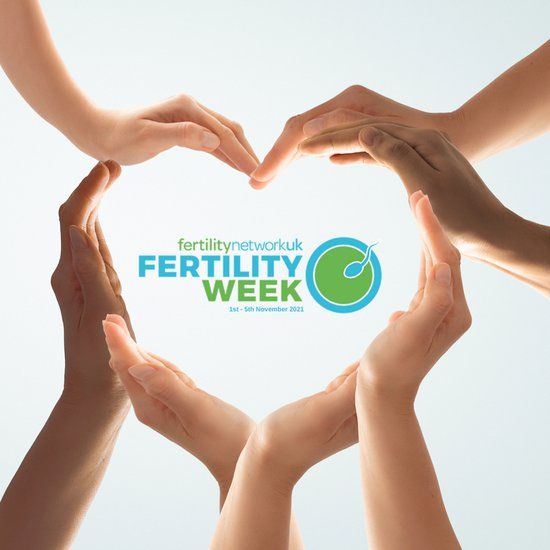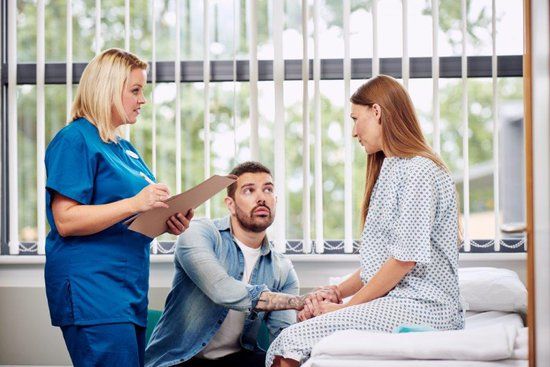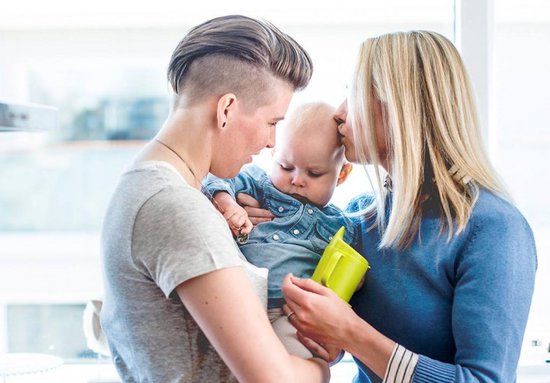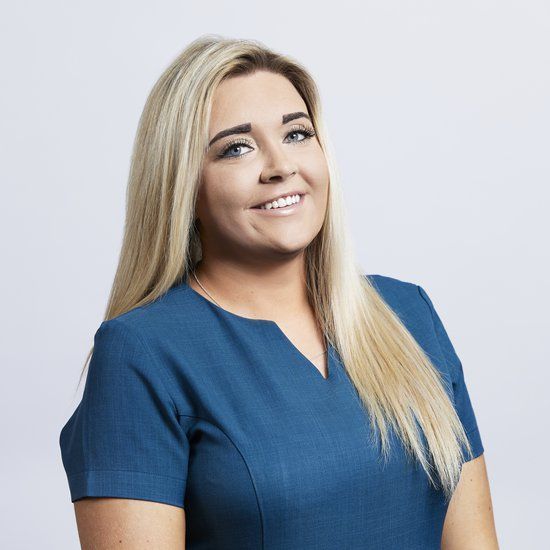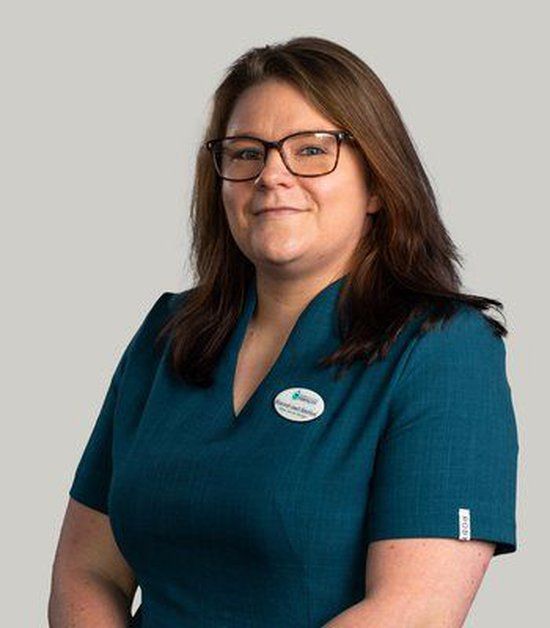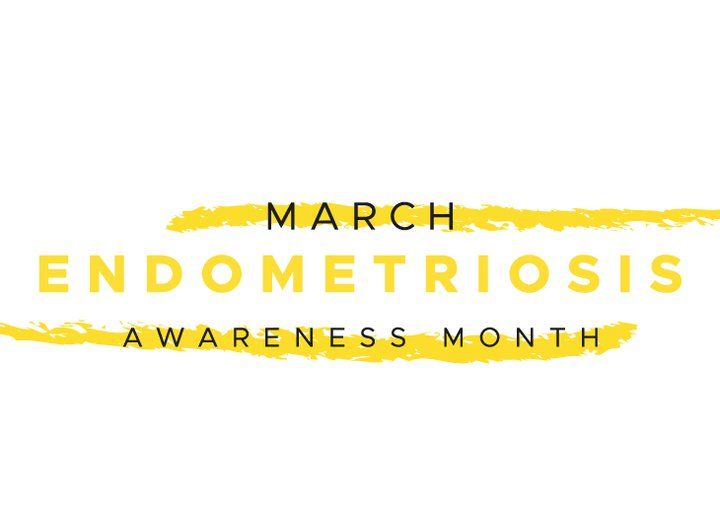
March is Endometriosis Awareness month, created by Endometriosis UK organisation to help improve, support and raise awareness for women living with endometriosis.
This month Endometriosis UK challenges supporters to take the 1 in 10 challenge to help support the 1 in 10 with endometriosis. This year, March 2022 will be Endometriosis Action Month with the opportunity to get involved in the worldwide EndoMarch on the 26th.
One in ten women suffer with relentless pain from endometriosis that unfortunately affects their daily lives. But did you know that many women wait over seven years to get a proper diagnosis?
Endometriosis is a common condition that’s often associated with fertility. Here’s five things you need to know about endometriosis, fertility and having a family:
What is endometriosis?
Endometriosis is where the cells that are found in the womb also grow in the pelvic area. These cells hormonally react just as uterus cells do throughout the monthly cycle, growing, breaking down and bleeding.
It’s diagnosed through a procedure called a laparoscopy, where a tiny camera is inserted into the abdomen and to the pelvic area to examine the internal tissue.
The severity of endometriosis varies from woman to woman, and it’s estimated that over 1.5 million women have this chronic condition.
Why endometriosis affects fertility
Endometriosis causes inflammation and the build-up of scar tissue. It can prevent your fallopian tubes and ovaries from working properly, making it difficult to conceive.
Endometriosis can’t be cured entirely, but surgery can be performed to remove affected tissue.
Getting pregnant with endometriosis
Having endometriosis doesn’t mean you can’t have a baby. Some women can still naturally conceive even though they have endometriosis, whilst others need fertility treatment. It all depends on where your endometriosis is occurring and how extensive it is.
It’s essential to get expert fertility advice if you have the condition and are planning to start a family, so the best way forward can be found for you to have a baby.
Fertility treatment for endometriosis
An individualised approach is vital when advising fertility treatment because endometriosis doesn’t affect any two women in the same way.
At Manchester Fertility, we help many women living with endometriosis successfully have a family through our tailored fertility treatments. Our treatments are designed to overcome the specific problems their endometriosis has caused.
Before any treatment is advised, we’ll perform a thorough fertility assessment to get the most up to date, clear picture of how exactly the condition is currently impacting your ability to conceive.
If your endometriosis is mild, Intrauterine Insemination (IUI) may be an option, either a natural cycle or with fertility drugs if ovulation is also affected. Or our specialist may advise you to consider IVF.
If your endometriosis is severe and the condition has damaged your ovaries, affecting ovarian reserve and egg quality, donor eggs may offer you the best chance to have a baby.
Whatever the best course of action, we’ll explain your treatment clearly, so you understand our approach, what we’re going to do and why.
Symptoms of endometriosis – getting help
Endometriosis can be a difficult condition to diagnose because of its varied range of symptoms. Many women have painful periods, but it could be a sign of endometriosis if the pain is severe and affecting your everyday life.
Other symptoms can include:
- Long, heavy and irregular periods
- Difficulty conceiving if you’re trying for a baby
- Pelvic pain
- Painful bowel movements/passing urine
- Pain during or after intercourse
- Tiredness
If you can identify with these symptoms, see your GP for further tests. It’s important to get help sooner rather than later, as if you do have the condition and do need fertility treatment, your age is one of the things that can affect chances of success. Support is also available from Endometriosis UK.
Endometriosis expertise: Manchester Fertility
If you’ve been diagnosed with endometriosis and need our help to start a family, we have a highly trained team of specialists here to answer any of your questions you may have about your fertility treatments.
You can contact our friendly New Patient Team on 0161 300 2737 or book a free one-to-one for all the information, advice, support and understanding you need to begin your own fertility journey.
Last updated: 1st March 2022


